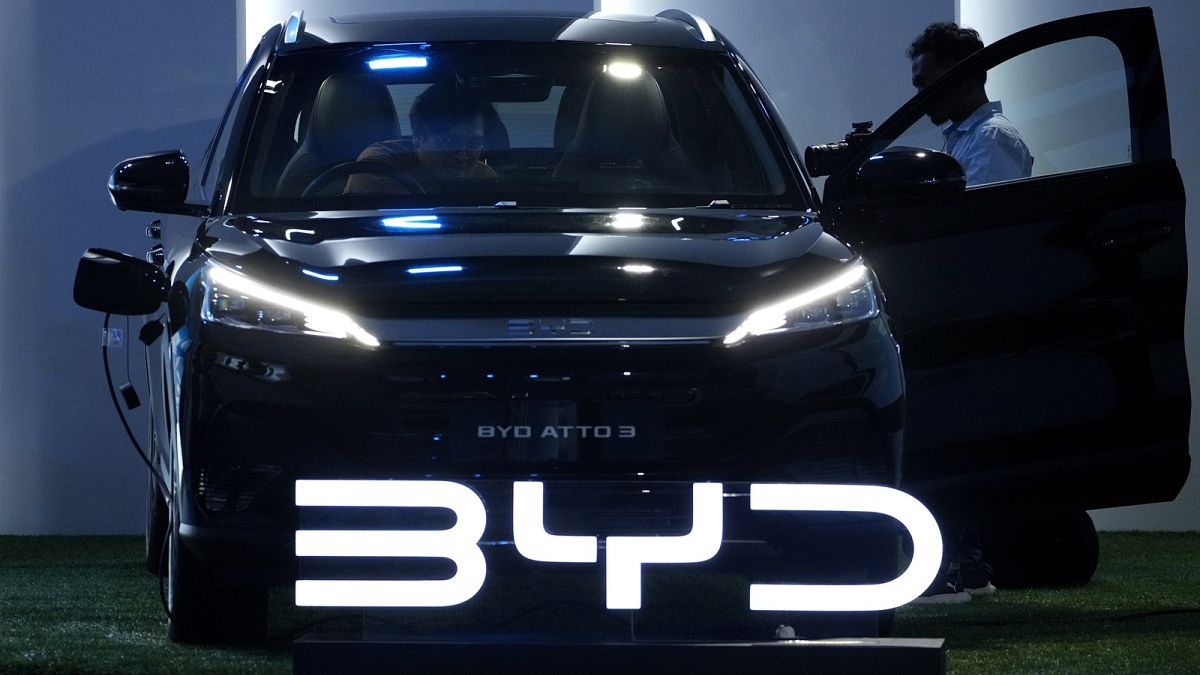China-made electric vehicles entering the European Union will soon face additional tariffs. The European Commission’s trade investigation revealed that subsidies provided by the Chinese government to battery electric vehicles are distorting the market, necessitating counteractive measures. The Commission has proposed a range of tariffs, with rates varying based on the level of cooperation of the Chinese producers. Those who cooperated in the investigation, such as Tesla and BMW, will face a 21% duty, while non-cooperating companies will be subject to a higher rate of 38.1%. The tariffs are set to come into effect on 5 July, with permanent measures to be decided upon in November.
During the investigation, officials found subsidies across the entire supply chain of China’s battery electric vehicle sector, from raw materials to car manufacturing. Various forms of subsidies were identified, including preferential lending, tax reductions, direct grants, and cheap land. The investigation included over 100 companies, with three firms – BYD, Geely, and SAIC – selected as representative samples. Tesla, though a major player, was not considered representative and was excluded from the sample. The investigation involved detailed questionnaires and on-site verifications to gather information and calibrate tariffs accordingly.
The investigation revealed disparities in cooperation among the Chinese producers, with BYD receiving the lowest tariff due to their engagement with investigators, while SAIC faced the highest rate for being uncooperative. The tariffs will be imposed in addition to the existing 10% duty, escalating the import costs for non-cooperative companies significantly. Despite some companies’ lack of cooperation, the Commission asserts that due diligence was carried out in determining the tariffs and addressing unfair trade practices effectively.
The primary focus of the inquiry was to assess the potential harm caused by Chinese subsidies to the EU industry. The sudden increase in the market share of Chinese battery electric vehicles in the EU raised concerns about the impact on local producers. The surge in imports led to a significant market share increase for Chinese producers, threatening the competitiveness of EU manufacturers. This, in turn, could hinder the transition from fossil-fuel engines to electric batteries within the EU automotive sector, jeopardizing millions of direct and indirect jobs.
The Commission’s decision to impose tariffs is justified by the threat of foreseeable and imminent injury to the EU industry. The influx of China-made electric vehicles at competitive prices has put EU producers at a disadvantage. If left unchecked, this trend could have long-lasting effects on the EU automotive sector and the overall economy. Therefore, the Commission’s action aims to address the pricing gap caused by Chinese subsidies and protect the interests of EU manufacturers and workers. The upcoming vote in November will determine the permanent measures to be implemented.










